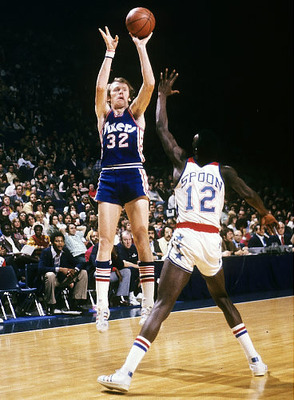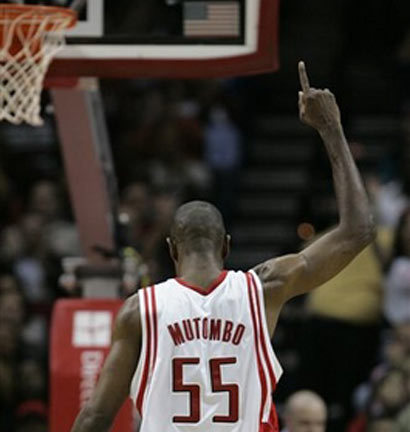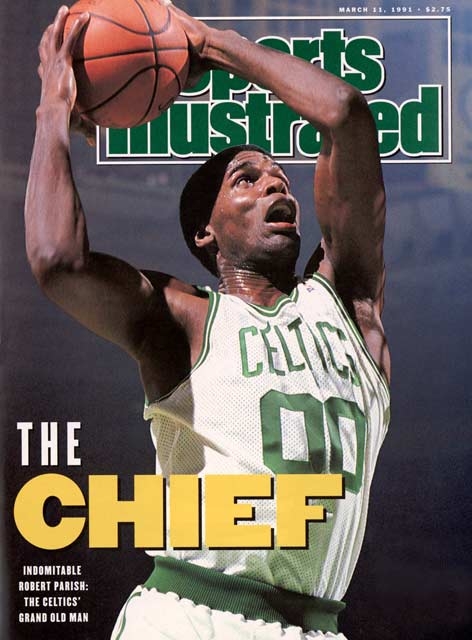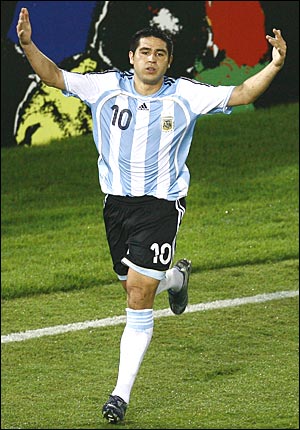Doctor MJ wrote:ElGee wrote:Just way too much love in this project for role players like Jones and Rodman. Makes no sense to me. And I'm using the term love literally. I think thoughtful posters who like them as players -- I sure as hell do -- for what they add to the team are valuing those contributions ahead of overall value and Grade B superstars. At least there is some consistency about though...but c'mon, Bobby Jones over some of the guys left on the board? Why did he rarely start and play ~28 mpg? His peak couldn't touch David Thompson's IMO.
To be honest, I was hoping to push for an all-Nuggets conversation before nominating anyone from the group. Nom'ed Bobby because I needed to pick someone, and he has been on my mind.
Nuggets have Jones, Thompson, and Issel as a trio, and I think it really warrants conversation.
I think it makes sense to go chronologically.
'73-74. None of the players are on the team. The team is weak, SRS of -0.49.
'74-75. The great leap forward. The team's SRS jumps to +6.62, and now the team's record is +6.62. So what happened?
Well, major changes:
1. Mack Calvin joins the team appears to be the anointed star. Makes 1st team All-ABA.
2. Rookie Bobby Jones. He plays 2700+ minutes, which is 2nd on the team and more than any other new player. He also leads the team in Win Shares.
3. Larry Brown becomes the coach. This was certainly a factor in the success, but how big of a factor, and how much should that count against the players?
'75-76: Another great year, but the SRS and team record dip a bit. Noteworthy changes:
1. Mack Calvin's gone. btw, Calvin changed teams 9 times in his 12 year career. Pretty hard to fathom that a player a guy capable of spearheading a 6+ SRS improvement wouldn't also be worth keeping on your team.
2. Dan Issel joins and leads the team in PER and WS.
3. Rookie David Thompson joins and leads the team in scoring.
Incidentally, Thompson plays about 3100 minutes, while Issel and Jones play about 2800.
Denver joins the NBA and remains elite before descending toward mediocrity. When did that descent begin in earnest? Debatable. The first big SRS drop came in '77-78 (-4.15), but the team record didn't see a serious decline until ('79-80) when we see a second big SRS drop.
If you don't care about SRS, the narrative is straight forward:
1. Thompson missing time and regressing.
2. Also, Larry Brown quit late in '78-79 and his brain was missed. Incidentally, Brown quit and went back to college to coach UCLA because of George McGinnis. McGinnis was just such an awful follower of instruction that Brown demanded he be traded, but management refused. McGinnis was acquired by trading Bobby Jones away.
If you don't want to ignore the first SRS drop it becomes tougher though.
The big symptom of '77-78 is that the defense fell off dramatically. They were #1 in the league on defense in their first year in the NBA, but fell to 15th of 22 the next year. Looking at the 4 factors, the big thing that stands out is that their ability to force turnovers went from elite to mediocre. Worth noting that in '76-77 led the league in steals by a wide margin. They had 941 steals, the league average was 768, and only one other team was within a 100 steals from them.
By contrast, in '77-78, they only had 824 steals. Big dropoff, and there were a variety of factors there but has to be noted:
1. Jones leads the team in steals both times. First time with 186, second time with 137. So big dropoff from Jones again correlates clearly with team success.
2. Thompson & Issel combine for 205 steals the first year, and 192 the next. Not a big difference there.
Okay so dropoff in steals - maybe the team had to do that because they couldn't gamble as much? Makes me want to look at blocks. Incidentally, team blocks. What happened there? Well, they also went down, from 471 to 422, which took the team down from very strong to mediocre. Perhaps that relates to something that forced a change in strategy.
Incidentally, who led the team in blocks in '76-77? Jones with 162.
Okay, and who led the team in blocks in '77-78? Jones with 126.
So the team blocks 49 less shots than the previous year, and 36 of those less blocks are caused by Jones blocking less.
Every where we look it seems, we see Jones correlated with team success in Denver.
And then he gets traded to Philly for a much bigger name, and Philly ends up very happy they made the trade, just as Larry Brown bangs his head against the wall in Denver.
I just have a very hard time looking at Jones as a mere role player. His low minutes is a problem, but I do think it's appropriate to look at him as someone who at his best was having pretty huge impact on a per minute basis.
.jpg)



































